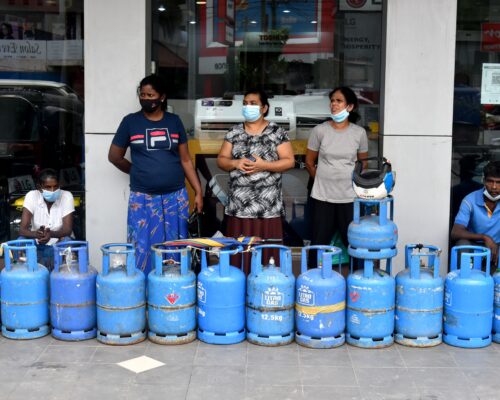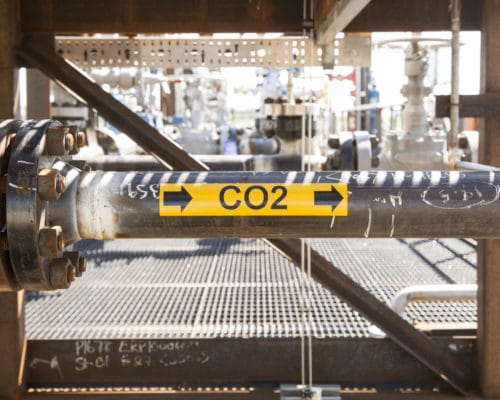Exposing The Cons Of Fossil Fuels
Source: Client Earth
26 December 2024 – by Eric Koons
The cons of fossil fuels are becoming increasingly difficult to ignore, especially as Asia’s energy market continues to expand at a breakneck pace. Although coal, oil and natural gas have provided the backbone for many economies for decades, they have a host of drawbacks.
For renewable energy leaders in Asia, where demand is projected to grow by 60% by 2040, understanding these disadvantages of fossil fuels is essential. After all, the stakes are high. Climate instability, economic uncertainty and pressing public health concerns all hinge on the decisions made today.
Recognising the harmful implications of fossil fuels is not just about environmental stewardship; it’s about ensuring long-term energy security, economic stability and global leadership in a rapidly changing world.
Burning Fossil Fuels – Coal, Oil and Natural Gas
Burning fossil fuels involves combusting coal, oil or natural gas to produce the electricity and heat that power our industries, buildings and transportation systems. This process currently accounts for over 80% of the global primary energy supply, underscoring its entrenched role.
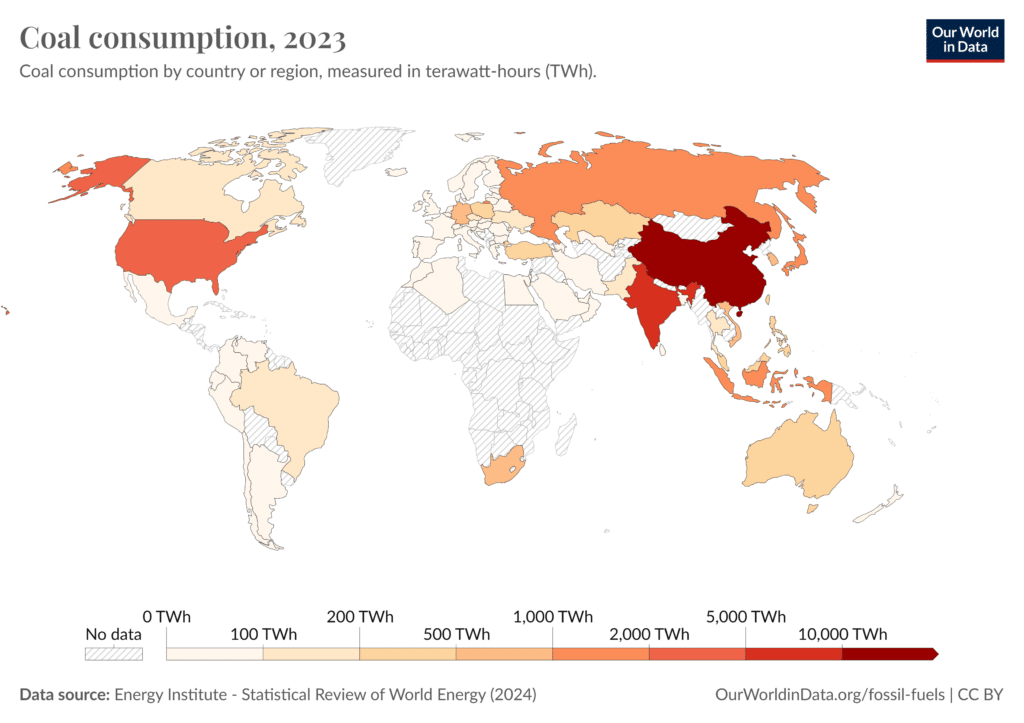
Coal remains a cornerstone in Asia, especially in countries like China and India. However, this reliance comes at a cost. Each kilowatt-hour (kWh) of electricity generated from coal-fired power plants releases approximately 820 g of CO₂, vastly more than renewable energy sources like solar (48 g of CO₂ per kWh) or hydropower (23 g of CO₂ per kWh). As reliance grows, so does the cumulative environmental damage and economic risk.
Disadvantages of Fossil Fuels
The cons of fossil fuels are numerous and interconnected. Beyond the obvious ecological toll, fossil fuels pollute the environment, subject markets to price volatility, contribute to health issues and erode community resilience.
Non-renewable Source
One fundamental issue is that fossil fuels are finite. For example, proven oil and natural gas reserves will be gone by the mid-21st century if consumption continues at current rates. Asia’s rapidly expanding economies face severe long-term energy security challenges if they remain dependent on dwindling resources. Such uncertainty makes the shift to renewables more urgent.
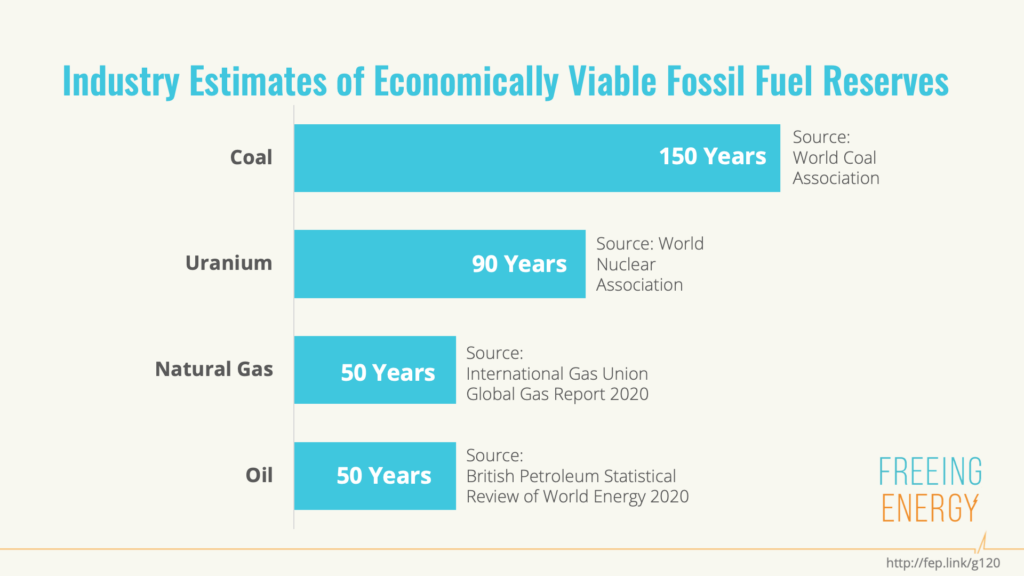
Climate Change
Fossil fuel combustion is the leading source of carbon emissions, driving global warming and its associated disruptions. The IPCC estimates that CO₂ emissions must decline by 45% by 2030 to align with the Paris Agreement.
Climate change leads to many issues, such as rising sea levels that already threaten coastal megacities in Asia, like Mumbai, Bangkok and Jakarta. By 2050, up to millions of people in low-lying areas in Asia could be affected by annual flooding. Other impacts like typhoons, crop failures and heatwaves are becoming more frequent and intense, highlighting the region’s acute vulnerability.
Oil Spills
Oil spills are catastrophic events that harm marine life, devastate coastal ecosystems and jeopardise fisheries. The 2010 Deepwater Horizon oil spill in the Gulf of Mexico is a prime example. Over 500 million L of oil were released into the ocean, impacting the entire Gulf of Mexico. Even after 8 years, oil levels in the surrounding area were higher than before the spill and thousands of plants and animals in the region were slow to recover. These accidents illustrate the fragility of relying on a resource that can so easily wreak havoc on oceans and coastal communities.
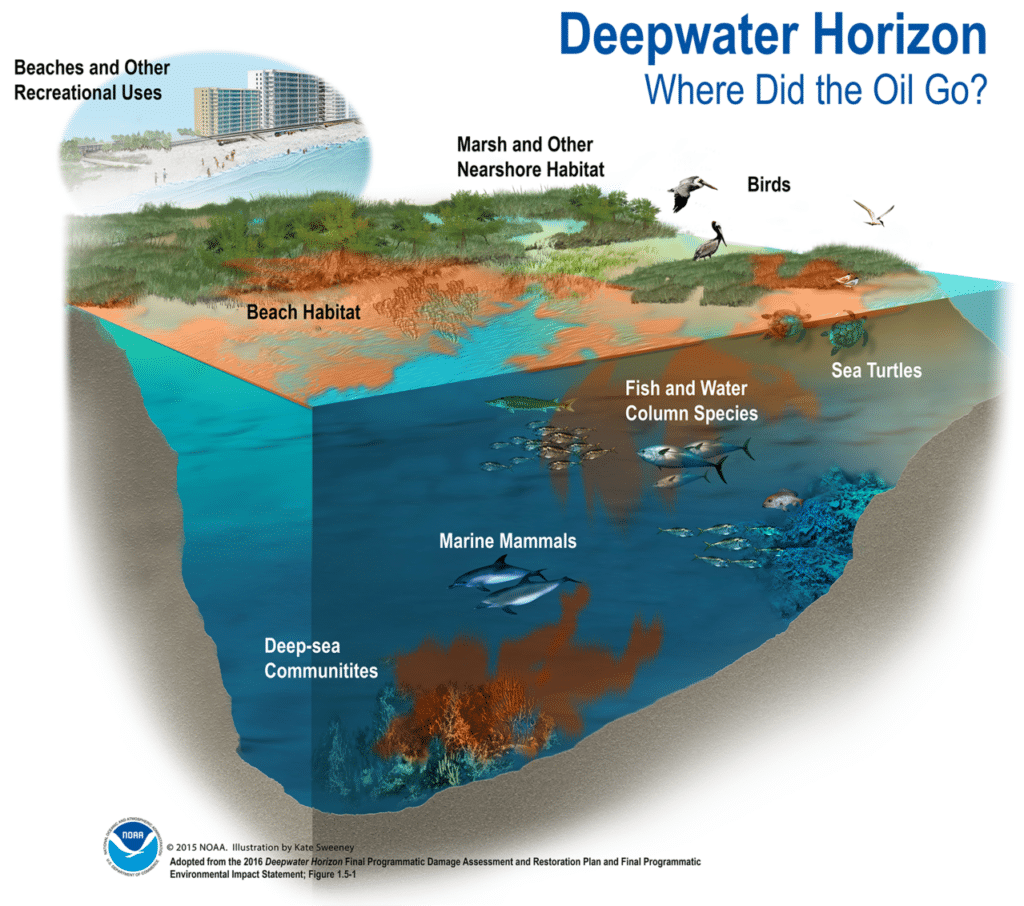
Greenhouse Gas Emissions
Combustion of fossil fuels releases not only carbon dioxide but also other greenhouse gases like nitrogen oxides (NOx), sulphur dioxide (SO₂) and particulate matter (PM2.5). According to the World Health Organization (WHO), air pollution contributes to 6.7 million premature deaths yearly. Cities across Asia, from New Delhi to Beijing, struggle with hazardous air quality, forcing costly healthcare interventions and reducing workforce productivity.
Water Pollution
Extracting and processing fossil fuels can contaminate freshwater supplies. In coal mining regions, acid mine drainage can send heavy metals into rivers. Industrial runoff and spills related to fossil fuel extraction threaten drinking water quality and aquatic habitats. With Asia’s heavy reliance on agriculture and fishing, water contamination poses significant risks to food security and rural economies.
Accidents Can Be Disastrous
Fossil fuel extraction and transport often lead to accidents, such as collapsing coal mines and pipeline explosions, which result in injury, death and costly damage. For instance, a gas pipeline explosion in Bangladesh in 2020 caused 24 deaths and damaged infrastructure. Moving away from high-risk fossil fuel infrastructures reduces both human and economic vulnerabilities.
Impact on Land and Biodiversity
The extraction of coal through open-pit mining or the drilling for oil and gas fragments habitats, threatens endangered species and reduces biodiversity. Such habitat destruction accelerates the loss of plant and animal species.
Price Fluctuations
Global oil and coal markets are notoriously volatile. A sudden spike in oil prices can strain national budgets and household finances. For Asia, which is increasingly sensitive to shifts in global commodity markets, price volatility can disrupt supply chains, deter foreign investment and complicate long-term policy planning. Record LNG prices in 2021 highlight this risk. Renewable energy, on the other hand, offers predictable, stable costs.
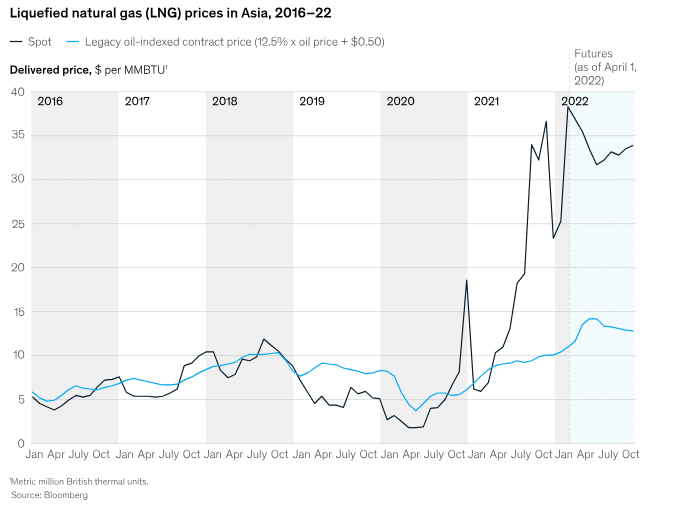
Unsustainable
Fundamentally, fossil fuels are unsustainable. As reserves dwindle, extraction becomes more expensive and environmentally destructive. The logic of sticking to fossil fuels simply does not hold up against long-term considerations. Countries that invest in renewables – floating solar installations in Singapore, offshore wind in Japan or geothermal projects in Indonesia – are setting the stage for energy independence and sustainable growth.
Charting a New Course Beyond Fossil Fuel
The multitude of cons of fossil fuels, from their non-renewable nature to climate change impacts, reveal a clear picture. These energy sources are neither economically stable nor environmentally viable for the long haul. The evidence is overwhelming.
Now is the time for Asia’s renewable energy leaders to leverage their position and guide the region towards clean, resilient energy solutions. Policy reforms that incentivise renewables, investments in emerging technologies and robust collaborations can ensure a cleaner, more stable future.
In short, avoiding fossil fuels is not just an environmental imperative. It’s a strategic move as the world transitions to sustainable energy.
by Eric Koons
Eric is a passionate environmental advocate that believes renewable energy is a key piece in meeting the world’s growing energy demands. He received an environmental science degree from the University of California and has worked to promote environmentally and socially sustainable practices since. Eric’s expertise extends across the environmental field, yet he maintains a strong focus on renewable energy. His work has been featured by leading environmental organizations, such as World Resources Institute and Hitachi ABB Power Grids.
Read more





